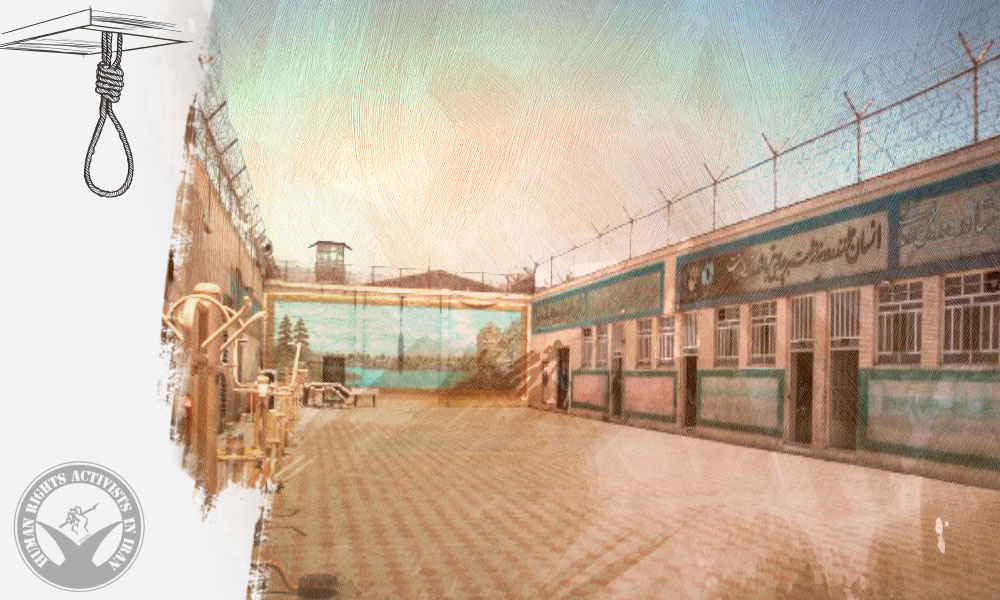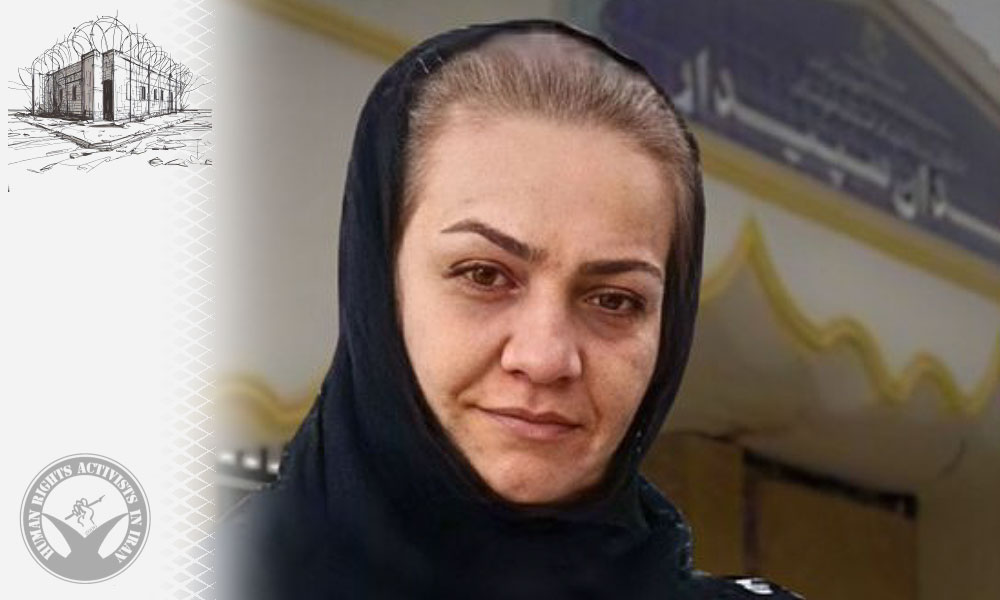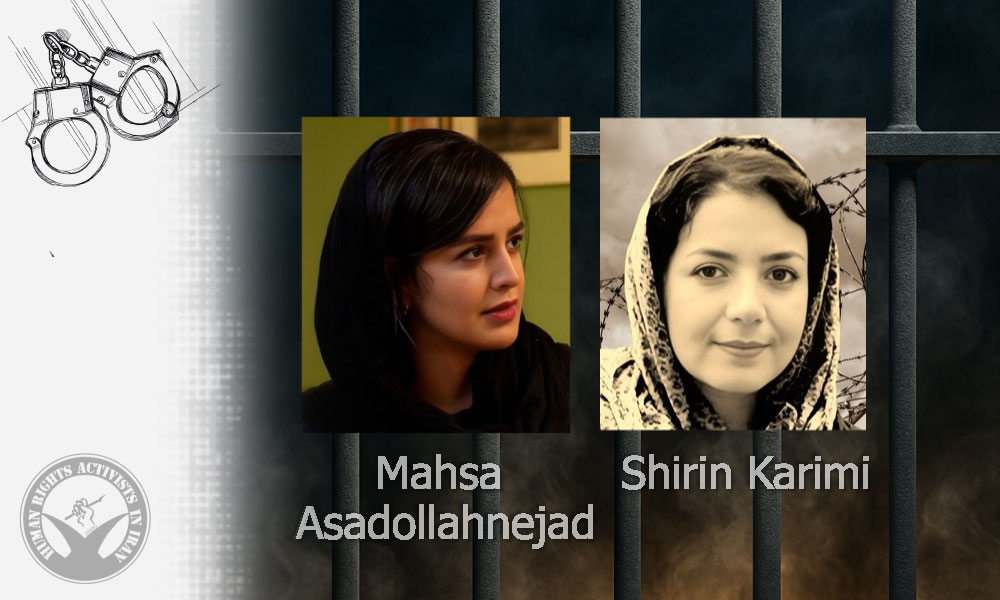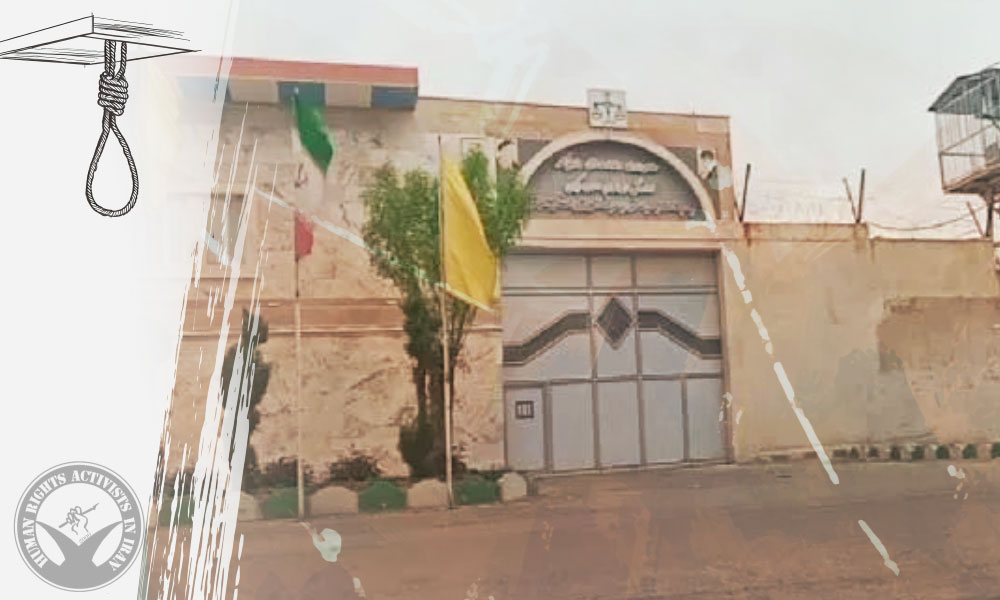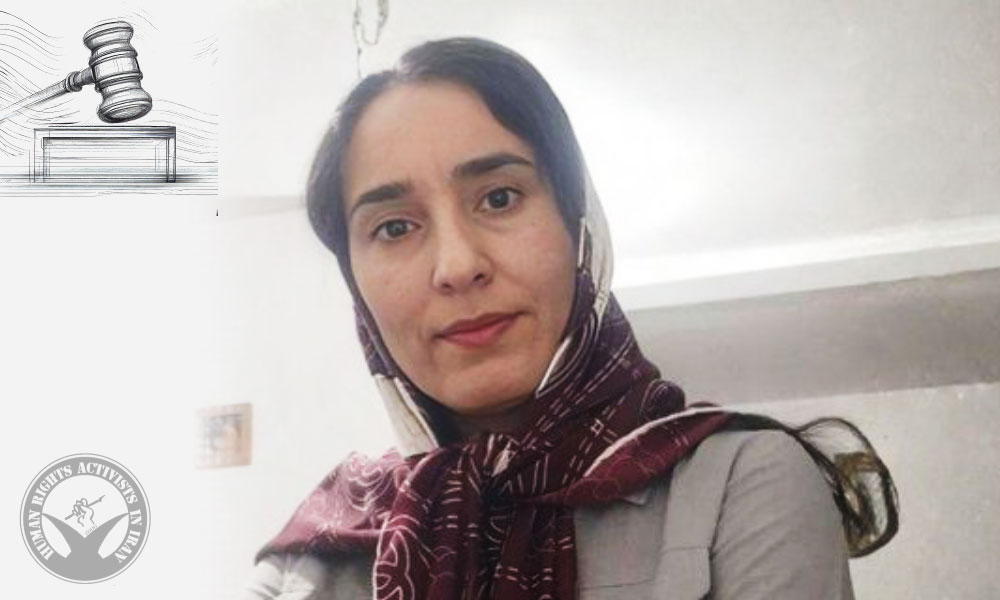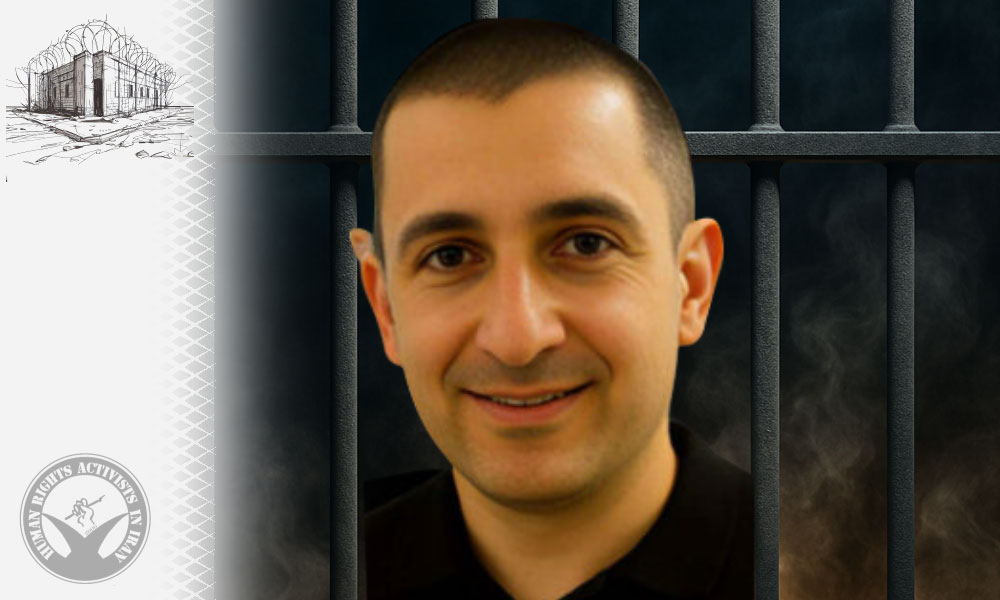HRANA – The President of France has announced the release of Cécile Kohler and Jacques Paris, two French nationals previously imprisoned in Evin Prison. At the same time, Fars News Agency published a video showing the release of Mahdieh Esfandiari, an Iranian prisoner held in France — a move that appears to have taken place as part of a prisoner exchange.
French President Emmanuel Macron, without providing details on the circumstances of their release, stated: “Cécile Kohler and Jacques Paris, who had been detained in Iran for three years, have been released from Evin Prison and are on their way to the French Embassy in Tehran.”
Simultaneously, Fars News Agency, which is affiliated with Iranian security institutions, released a video showing the release of Mahdieh Esfandiari, an Iranian citizen who had been detained in France on charges of supporting a paramilitary group. It appears that the release of Kohler and Paris occurred within the framework of an exchange involving Esfandiari.
In October this year, Mizan, the media outlet of Iran’s Judiciary, reported that two French nationals had received heavy prison sentences on charges of “espionage” and “intelligence cooperation with Israel.” Although the Judiciary’s statement did not name the two individuals, independent media reports and official statements from French authorities indicated that the sentences referred to Cécile Kohler and Jacques Paris.
Kohler and Paris were arrested in 2022 after traveling to Iran. In late May of that year, Iranian state television broadcast a report linking their arrests to teachers’ protest gatherings in the country. The report accused Kohler, a member of the Education and Culture Federation of the French Labor Union, and her husband, Jacques Paris, of “organizing unrest and disorder,” while also connecting them to Iranian teachers’ union activists Eskandar Lotfi, Masoud Nik-Khah, Sha’ban Mohammadi, and Rasoul Bodaghi.
Throughout their detention, both the families and the French government repeatedly denied the accusations against them and called for their immediate release.






